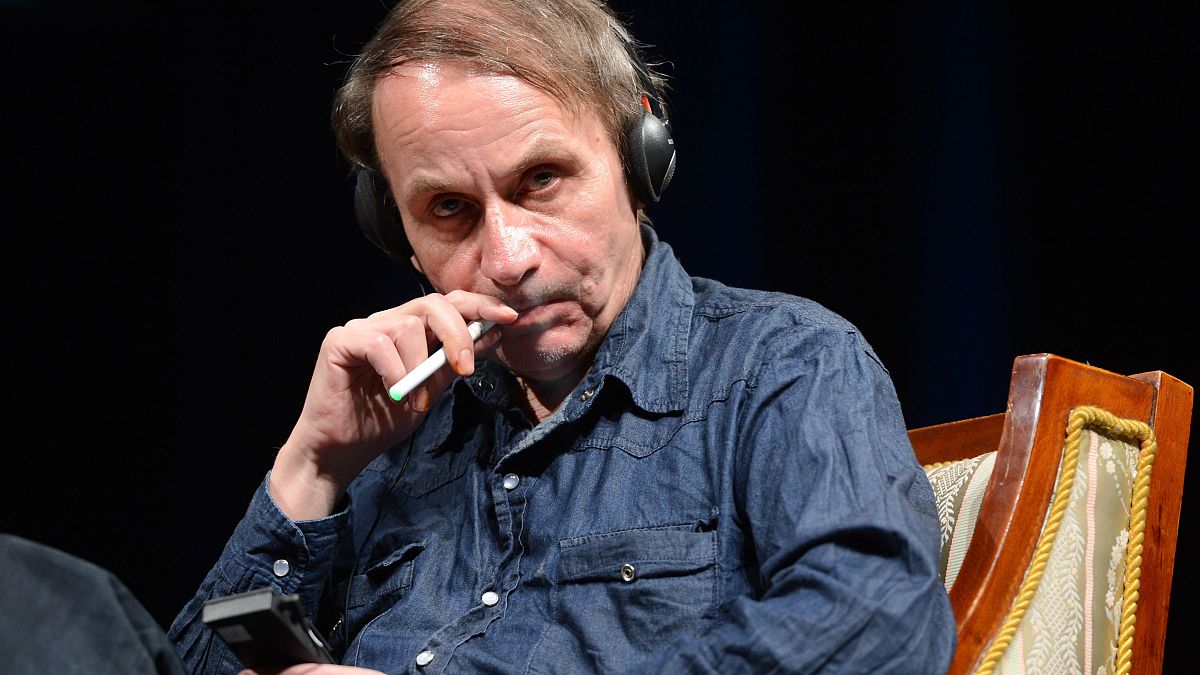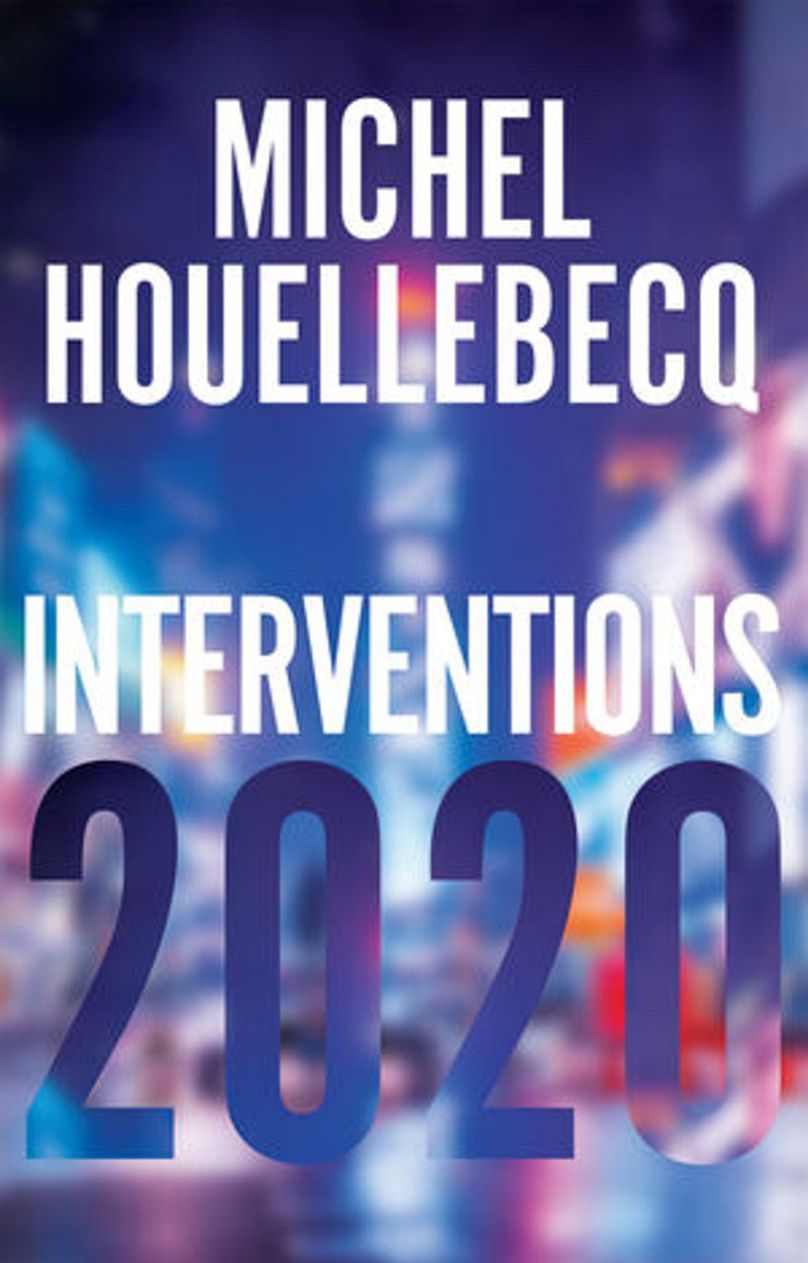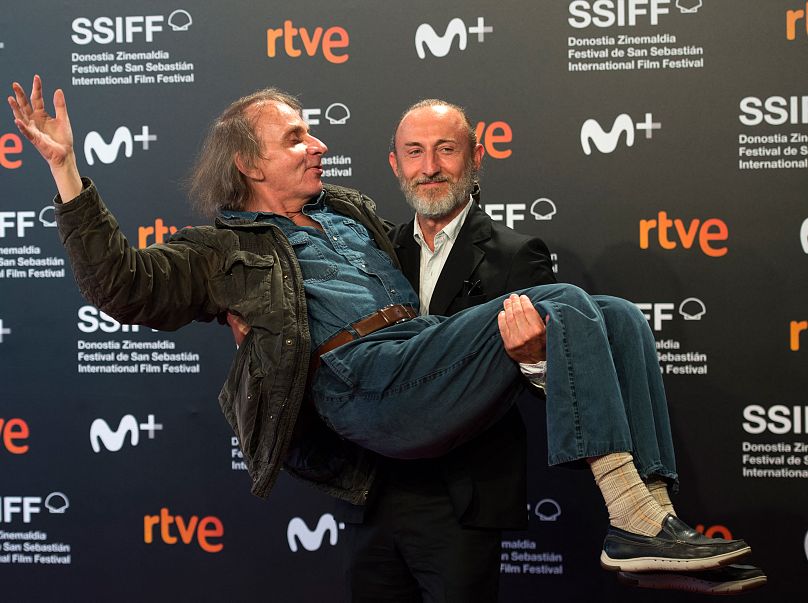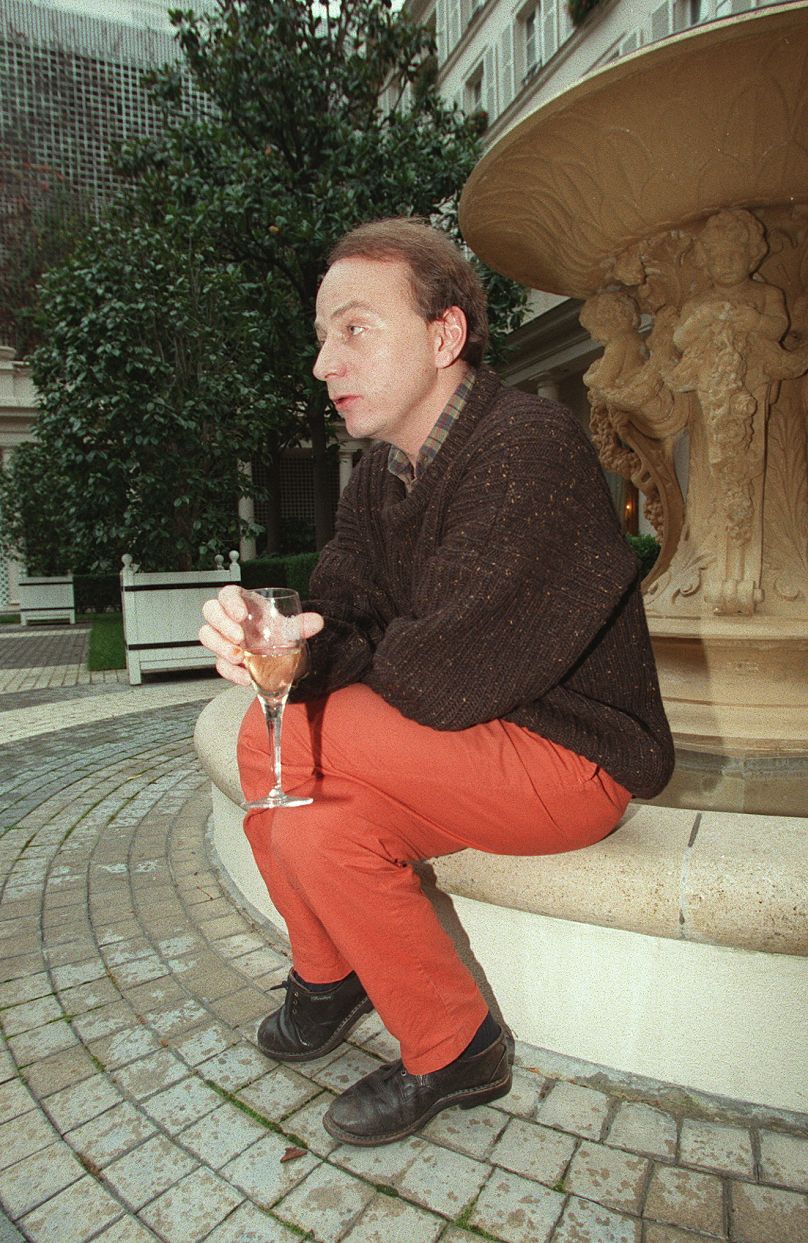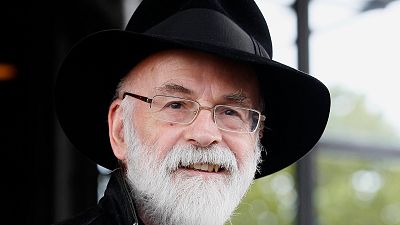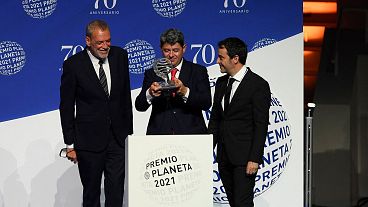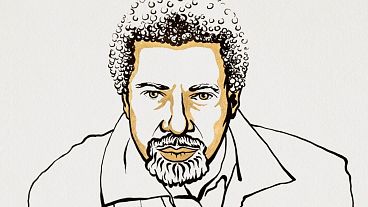'Interventions' has just been published in English.
The first act of 'Interventions 2020', the collection of Michel Houellebecq's essays and interview transcripts that has at long last been published in English, is presumably chosen to please given that it is called 'Jacques Prévert is a jerk'.
It shows the lastingly-enigmatic novelist and poet at his most vituperative and gives us the feeling we have just begun playing a Greatest Hits album. And we kind of have. And, in so many ways, what fun.
According to MH, the poetry of Prévert is "so mediocre...that one sometimes feels a sort of shame when reading it," and full of "silly puns." But we're not here to assess the work of the realist poet and screenwriter whose work has been translated into multiple languages. We're here to try to understand Michel Houellebecq.
Perhaps the greatest joy of this collection put together by Cambridge's Polity Books, are the interview transcripts. If this sounds reductive with regard to Houellebecq's essays it's not meant to. But as provocative as his novels might be, and as revelatory as his essays probably are, there's nothing as directly pleasing as the interview transcripts, which feel like much more of a discovery.
One may easily conclude, as I did, that MH simply does not do enough interviews. His criticism of modern living is endlessly brutal and brilliant. Hell is certainly, as it was for Sartre, other people, but there is a special section of it reserved for nightclubs, according to a 1994 Houellebecq interview.
"Many frustrated people continue - against all hope - to frequent them. They thus have the opportunity to verify, minute after minute, their own humiliation; here we are much closer to hell."
In this fascinating insight into Houellebecq's vision, we find all sorts of treasures such as predicting the metaverse:
"A handful of technicians...are in charge of defining the protocols and producing the equipment that will allow, in the coming decades, the instantaneous worldwide transport of any category of information - text, sound, image, possibly tactile and electrochemical stimuli."
He also lays down some key survival advice when asked how he would recommend staving off suicide:
"If you wish to endow yourself with a practical duty, you must make sure that the happiness of another being depends on your existence; you can for example try to raise a young child, or failing that, buy a poodle."
Perhaps the most surprising revelation of all comes in the form of: "The only superiority I recognise is kindness."
In the chapter, 'Art is Peeling', we find Houellebecq explaining to art students why kindness is more important than intelligence. Kudos to the institution in Caen for choosing him to deliver such a lecture. But soon comes the writer I recognise. Exhibiting the kind of conceptual vastness that underpins his 2005 novel The Possibility of an Island (La Possibilité d'une île), he describes the gloom of grey skies over the Vendée (area of Western France):
"What we have here is faded infinity. I thought of the orbits of the planets after the end of life, in an increasingly colder universe, marked by the gradual fading of the stars; and the words 'human warmth' almost made me cry."
Houellebecq as critic
As a critic, it's his value judgements that preoccupy.
The absolute conviction that he knows what is right, or good, or profound, is a harking back to belletrist critics like John Middleton Murry (who managed to denounce such criticism while purveying it), whose essays have, thanks to the ensuing critical developments in close reading, largely been relegated to the dustbin of critical history. It could be contended of course that such a reduction was erroneous.
Nevertheless, it is quaint/refreshing (delete as you wish) to see it in action in our era.
His criticism of the Guiguet film 'The Mirage' is the reference point here. And, aside from the critical theory time-machine aspect, it is awfully well-chosen as the piece to follow the 'jerk' evaluation. Here we see MH in unusual guise, lavishing sincere praise.
"The lighting and decoration of the interior scenes are profoundly right."
Reading Houellebecq's own phrasing on how much he likes something is akin to being shown a picture of John McEnroe smiling in the 1980s. Disarming but glorious.
All the big stuff
'Donald Trump is a good president' was published in Harper's Magazine in January 2019. It is reprinted here and for many this hasn't aged well.
"Logically, President Trump welcomed Brexit. Logically, so did I; I just regretted that once again the English were braver than us in the face of Empire.
President Trump doesn't view Vladimir Putin as an unworthy interlocutor; neither do I."
And yet this Houellebecq-watching is not just the lazy Sunday viewing of a poked bear. His literary charisma cannot seriously be denied, and like all proper enfants terribles, you keep tuning in to see what they might say next.
But what is next? There was a moment when I approached the end of his 2010 novel The Map and the Territory (La Carte et le Territoire) that I thought Houellebecq was announcing his Shakespearean broken-staff moment, the swansong. But no. There was more. However, he has said that this collection represents the end of his sharing of himself and his views with the public in terms of non-fiction.
Certain sections of society might be pleased by this. But for those who enjoy a true agent provocateur, such interventions will be missed.
